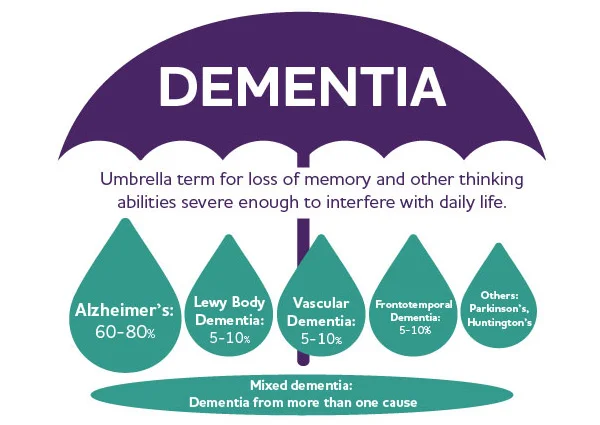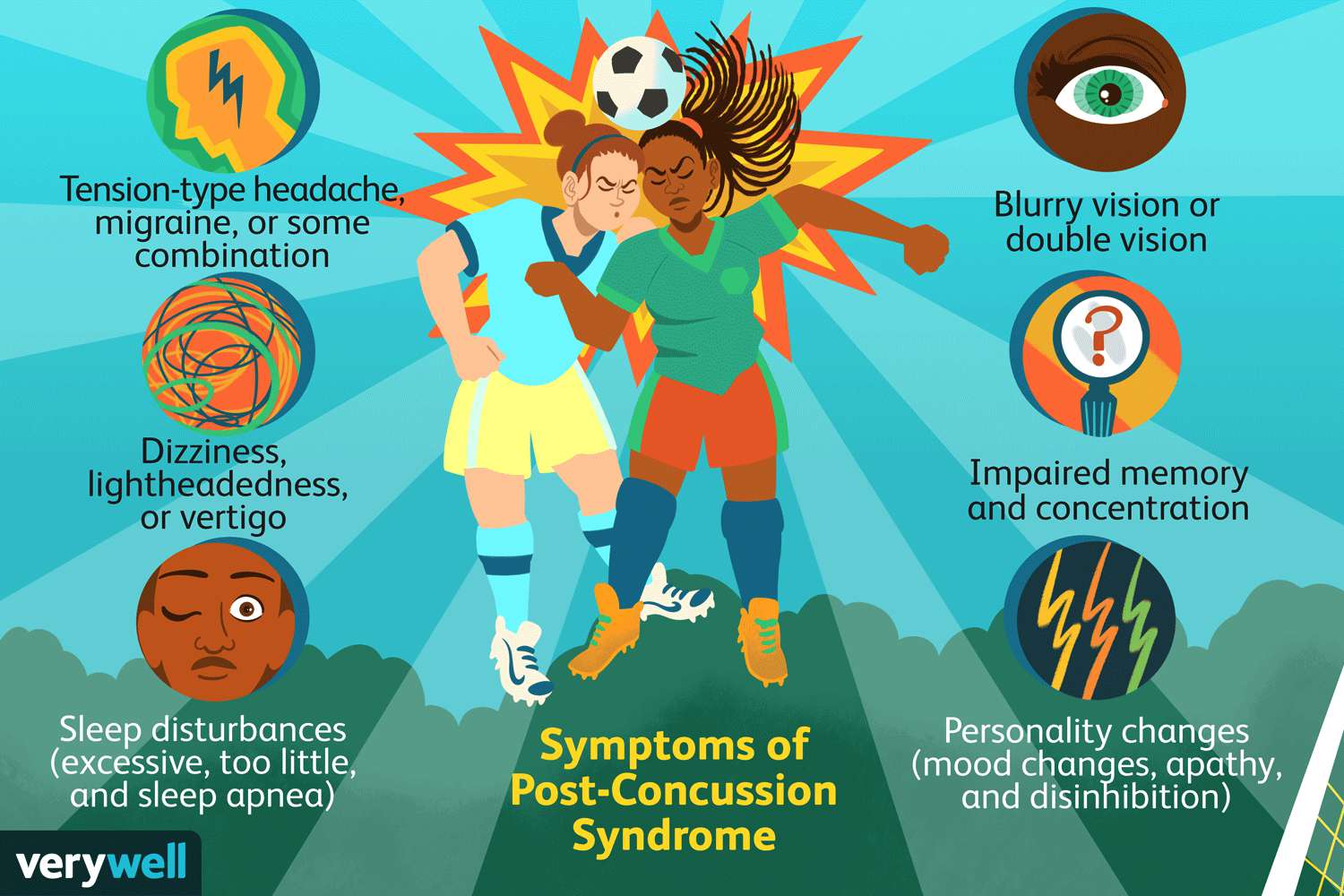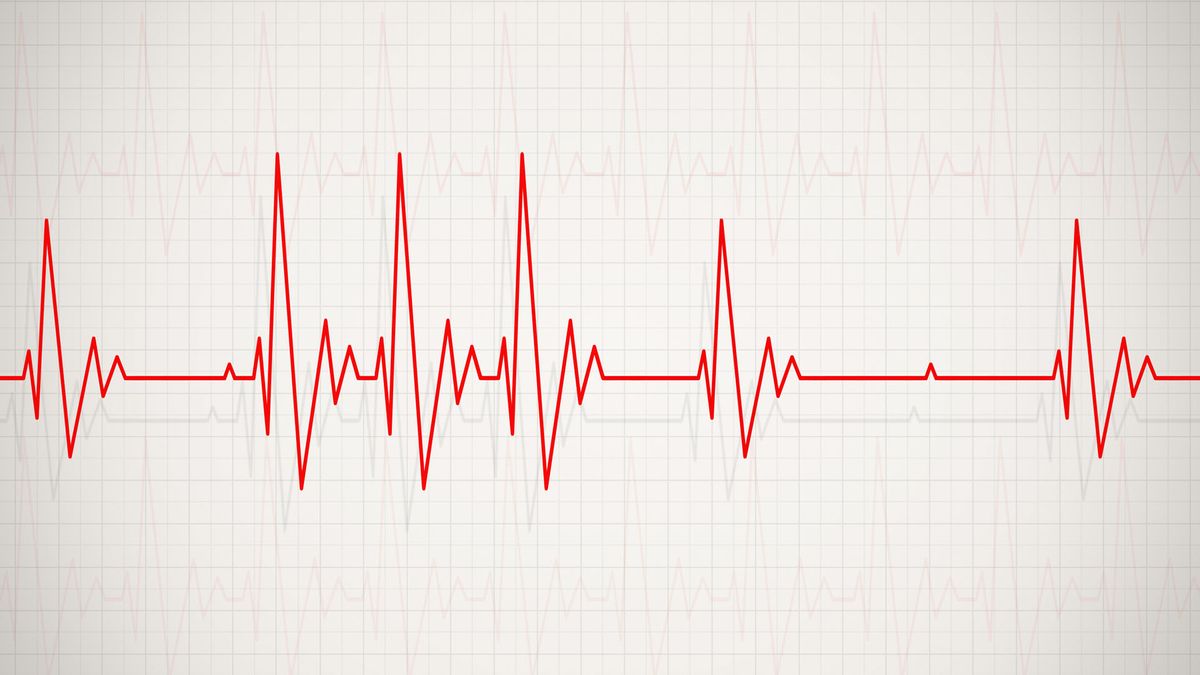Dementia is a general term for a decline in mental function, including memory loss. It is caused by damage to brain cells.
Types of Dementia
Several types of dementia can cause cognitive decline. The most common types include:
- Alzheimer’s Disease: A progressive brain disease that destroys memory and thinking skills.
- Vascular Dementia: Caused by damage to the blood vessels in the brain.
- Lewy Body Dementia: A type of dementia that causes problems with thinking, movement, behavior, and mood.
- Frontotemporal Dementia: A group of disorders that affect the frontal and temporal lobes of the brain.
Symptoms of Dementia
The symptoms of dementia can vary depending on the type and stage of the disease. Some common symptoms include:
- Memory Loss: Difficulty remembering recent events, names, or conversations.
- Confusion: Trouble thinking, reasoning, or problem-solving.
- Language Difficulties: Trouble understanding or speaking.
- Changes in Mood and Behavior: Mood swings, depression, or agitation.
- Challenges with Daily Activities: Difficulty with tasks like dressing, bathing, or eating.
Risk Factors for Dementia
Several factors can increase the risk of developing dementia, including:
- Age: The risk of dementia increases with age.
- Family History: A family history of dementia, especially Alzheimer’s disease, can increase the risk.
- Genetics: Certain genetic mutations can increase the risk of Alzheimer’s disease.
- Lifestyle Factors: Factors like high blood pressure, high cholesterol, diabetes, and smoking can increase the risk.
Treatment and Management
While there’s no cure for dementia, treatments can help manage symptoms and improve quality of life. Treatment options may include:
- Medication: Medications can help manage symptoms like memory loss, mood swings, and sleep disturbances.
- Cognitive Stimulation Therapy: This therapy involves activities designed to stimulate the brain and improve cognitive function.
- Occupational Therapy: Occupational therapy can help individuals maintain independence in daily activities.
- Support Services: Support groups and home care services can provide assistance and emotional support.
It’s important to seek medical advice if you or a loved one is experiencing symptoms of dementia. Early diagnosis and treatment can help manage the condition and improve quality of life.



